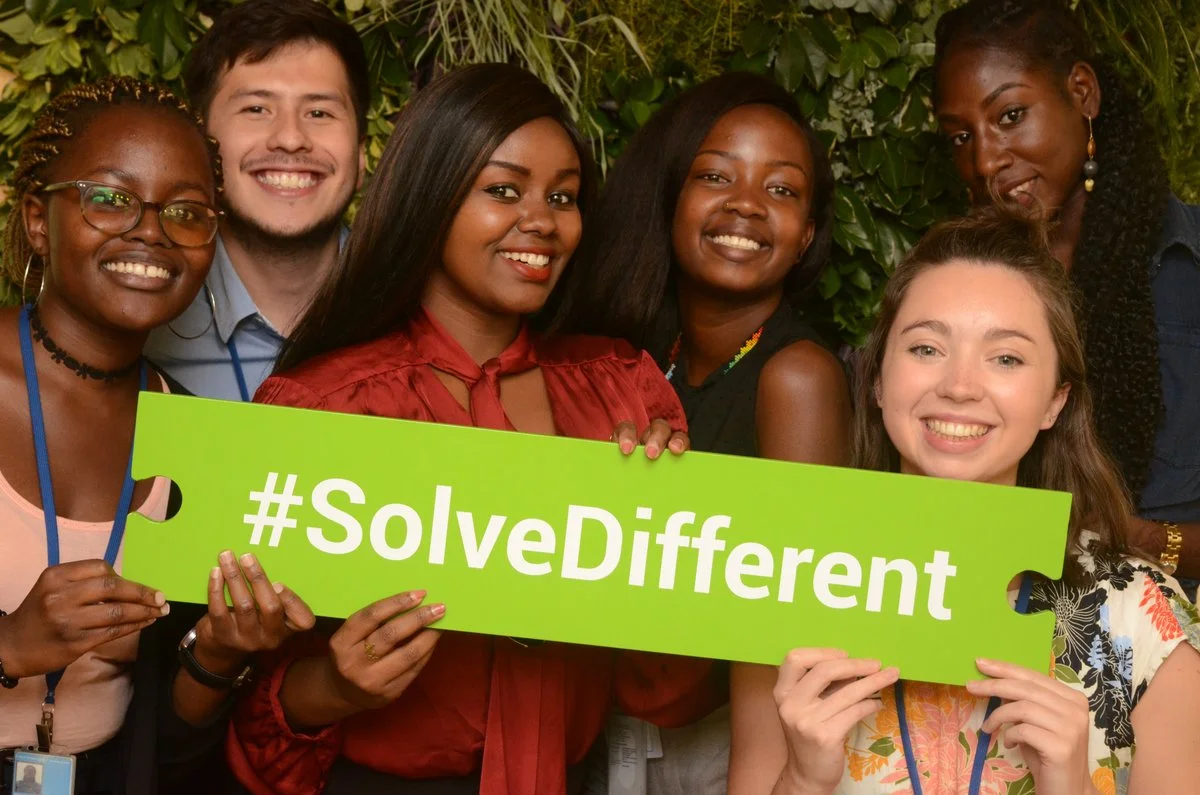Innovative Solutions for Wildlife Trade Challenges and Their Potential in Sustainable Consumption and Production.
Ms. Sarah Ferguson, Director of TRAFFIC Viet Nam, and Mr. Taye Teferi, TRAFFIC’s Policy and Partnership Coordinator, spoke about the enormity of the illegal trade in wildlife, which (excluding timber and fisheries) is reported to be worth at least US$19 billion per year, making it the fourth largest illegal global trade after drugs, counterfeiting and human trafficking.
Sustainable trade in wildlife, according to Ferguson and Teferi, does not always benefit local communities. Wildlife resources, they added, are a national asset and ideally should benefit local communities and harvesters. The pathway to achieving sustainable wildlife trade, therefore, is research and analysis, producing evidence to achieve guidance and influence.
Speaking about the contentious use of rhino horn in Viet Nam, Ferguson and Teferi described TRAFFIC’s local “Chi” advertising campaign aimed at combatting the use of rhino horn by appealing to the Vietnamese sense of status and character. Through its marketing strategy, Chi attempts to change behavioural patterns through communication projects, advocacy and community mobilisation.

